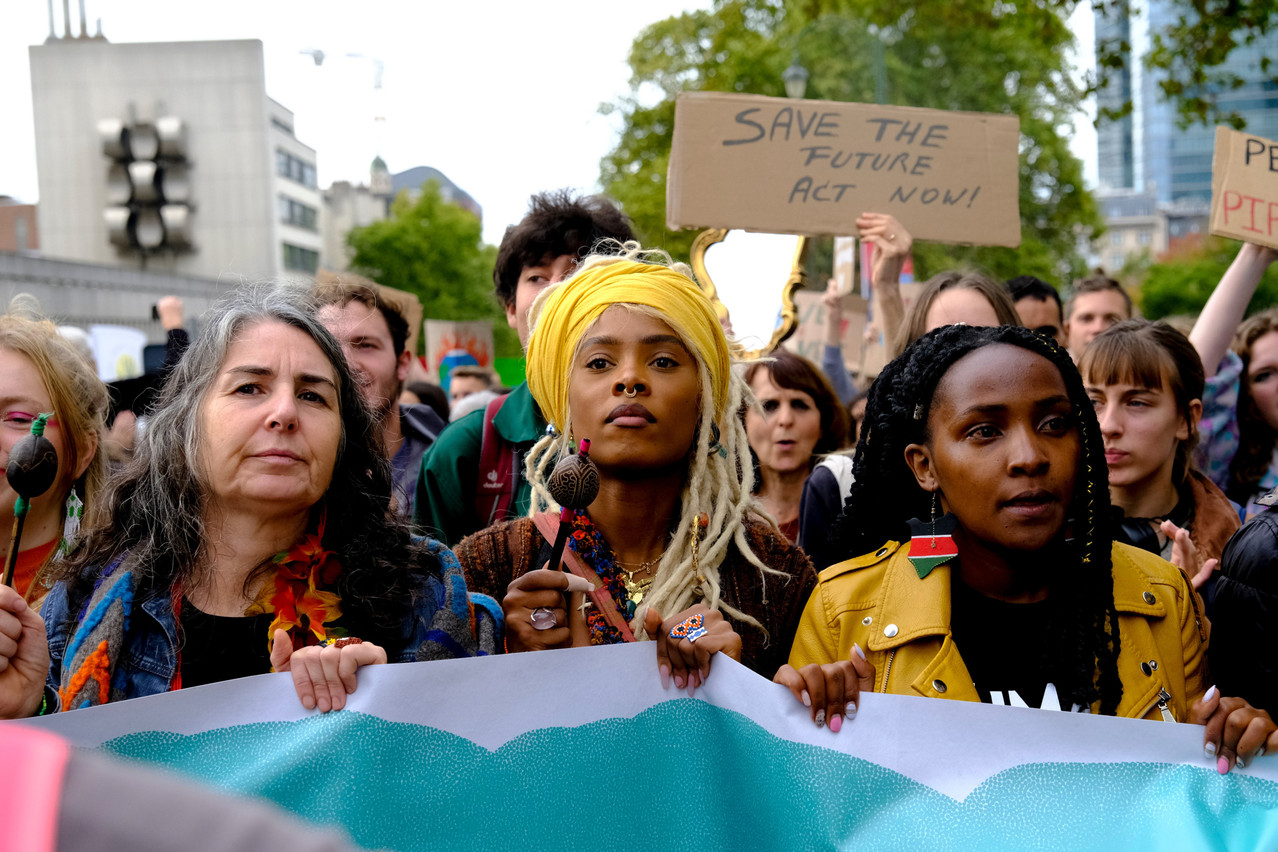A speaker at the IMS Luxembourg event Emotion to Motion in October, studies children and young people’s emotional responses to climate change. Climate distress impacts people of all ages and backgrounds, and dealing with these emotions can lead to action.
A definition of eco-anxiety
“The term ‘climate distress’ is used to describe a range of reactions, including anxiety, hopelessness, sadness, guilt, shame, grief, anger, worry, fear and alarm to the bad news about our planet,” explains Hickman. These emotions “should not be pathologised and are not a mental disorder.” Instead, the experience “could be argued to be a psychologically healthy response to the reality of climate change”.
Accepting this threat as real with the ecological, social, health and cultural threats that accompany it presents us with unprecedented psychological challenges.
For good reason: climate change, a consequence of human behaviour, is endangering the ecosystems in which humans exist on the long term. “Accepting this threat as real with the ecological, social, health and cultural threats that accompany it presents us with unprecedented psychological challenges,” Hickman explains. Seemingly distant challenges humans aren’t really equipped for.
Acknowledging the reality of climate change and the accompanying feeling of distress indicates a “capacity to keep in touch with external reality” and thus mental health. But, in the face of wildfires, floods, heatwaves, deforestation and pollution, many people are overwhelmed to feel like they can contribute positively.
A feeling that spreads
Discussions around eco-anxiety have flooded social media platforms like Instagram, TikTok or Twitter, especially in the context of Cop27, but believing that this is a condition reserved for younger generations would not be accurate.
While more youths could relate to the feeling, older generations are affected too. “Perhaps younger people are more outspoken about their feelings and are speaking up much more, in part because of their concern for their futures,” says Hickman, but adds that in her experience, “this is increasing across all groups of people”. Among their biggest concerns, she cites the impact of climate change on the natural world, the increase in natural disasters, the state of the world for future generations and the change in life quality.
I think people have been worried for a long time but believed that governments would take action before now.
The rise in climate distress can also be attributed with a worry “that there is no credible leadership in the world to deal with this,” Hickman explains. “I think people have been worried for a long time but believed that governments would take action before now. I agree, it has been known of for a while, but we have failed to act with urgency.”
Facing emotions, spurring motion
There are many reasons that contribute to climate inaction. “Living in western industrialised nations these threats can seem psychologically distant and leave people in denial and apathy, disavowal and disinterested,” said Hickman. “But they are becoming less distant now.”
How can people then deal with their apathy, stupor or anxiety in the face of an issue like climate change? For Hickman, understanding that these feelings make sense is a first step in the right direction. Of course, the perceived lack of urgency and action by authority figures can add fuel to the fire of emotions, but finding a support group or talking with friends and family can help deal with it. Lastly, taking action--whether it is recycling, voting or adapting your lifestyle--can help, she says.
We need to avoid apocalyptic doom and gloom fantasy and also naive optimism. We need radical hope.
But “we need to avoid apocalyptic doom and gloom fantasy and also naive optimism,” says Hickman. Instead, “we need radical hope” in the creativity, innovation and empathy humans have repeatedly shown in the face of challenges. Hickman concludes: “Look at the great things that people are doing, look at the court cases where children fight for the right to a healthy future for themselves--be inspired by them.”



